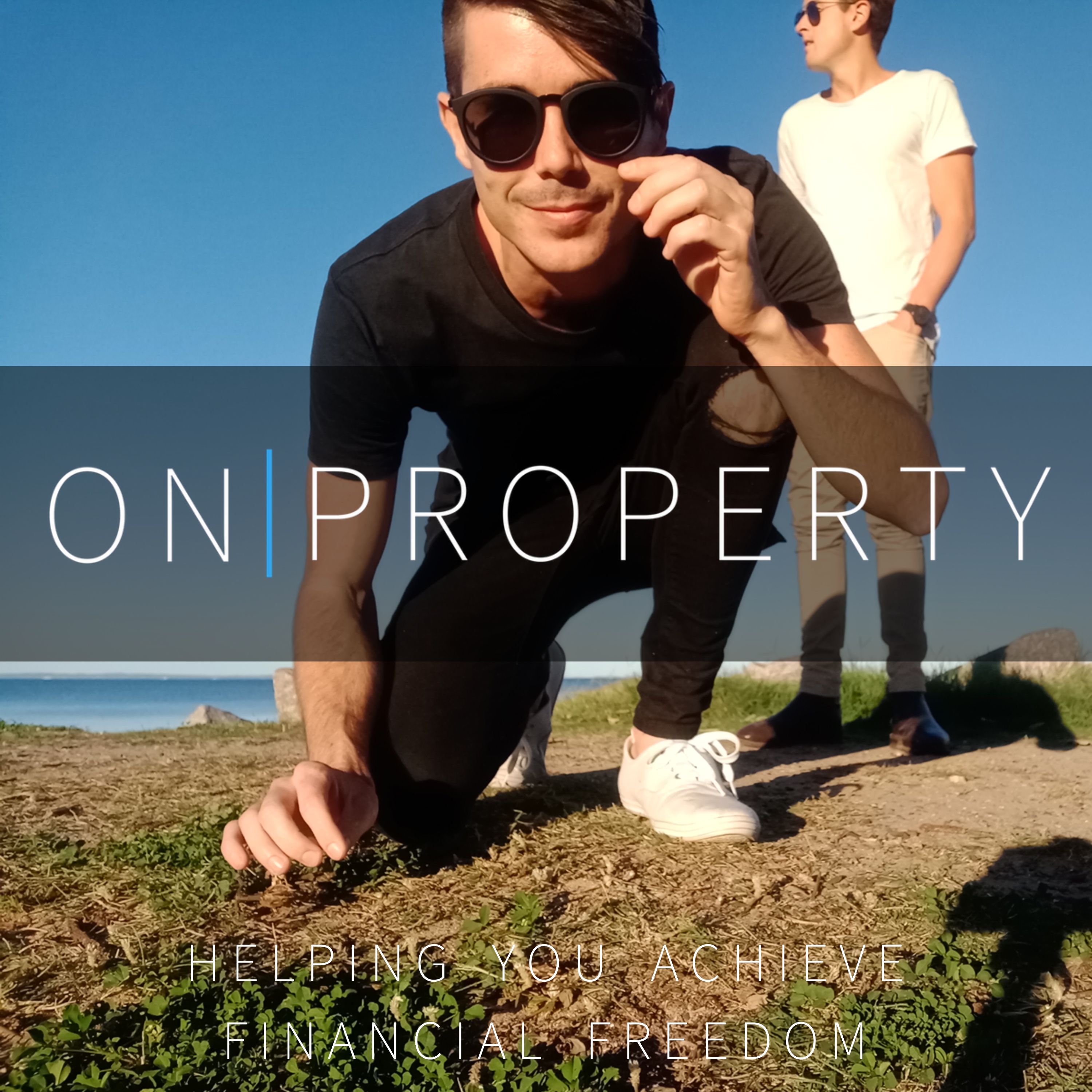How To Get Out of a Negative Cash Flow Situation

ARVE Error: Mode: lazyload not available (ARVE Pro not active?), switching to normal mode\n\n\n\n\n\n\n\n\n{"@context":"http:\\/\\/schema.org\\/","@id":"https:\\/\\/onproperty.com.au\\/get-negative-cash-flow-situation\\/#arve-youtube-zit53mpp2eu","type":"VideoObject","embedURL":"https:\\/\\/www.youtube-nocookie.com\\/embed\\/zIt53MpP2eU?iv_load_policy=3&modestbranding=1&rel=0&autohide=1&playsinline=0&autoplay=0"}\n\n\n\nIf you're in a negative cash flow situation what's the best way to get out of it and become positive cash flowed.\n\nRyan: All right. I've got a question from [Tez 00:00:03]. They're currently stuck with negative cash flow investment properties in Sydney. What would be the best way to get out of this situation?\n\nIt's kind of like, why ... ? If you're in Sydney, why would you want to get out? It just depends on when you bought and what your current situation is with loans and stuff like that, and if it's feasible and if it's good to sell those properties, and you have a strategy where you could reinvest that money into a better situation for yourself.\n\nBen: Yeah, there's so many different factors at play, there. It's really hard to answer that question because, again, it comes back to your strategy. I talk to people with three, four million dollars equity in properties in Sydney that are still tied to their job and have to go to work every day because it's a negatively geared portfolio.\n\nWhen I suggest, why don't you sell half of it, buy a couple of assets outright with great cashflow, and just stop doing what you're doing, it's like, "Oh, my God, I couldn't do that," type mentality.\n\nA lot of people are actually financially independent, they just don't know it, or they're not prepared to do what it takes to actually make it happen and [crosstalk 00:01:10] with that.\n\nRyan: Sounds like a lot of conversations we've had.\n\nBen: Yeah. Yeah, you should have that conversation with probably half the people on this call. There's probably a bunch of people there that are already in an equity position to be retired, they just don't want to convert it to cashflow yet.\n\nRyan: Yeah, well that's the thing. Sometimes that's a good idea, like if you're negatively geared and your properties are going really well, and the market's growing, and the properties are performing really well, and you want to keep it because you don't need the money yet, then that's fine. But if you're ...\n\nI think you need to look at your goals and say, "Well, what am I trying to achieve? What do I want to achieve?" Some people, they want that passive income, and they want that cashflow so that ... because they hate their jobs.\n\nThey're working 9:00 to 6:00 every day and they hate their life, and they've got $4 million in equity, but they have to keep working because they're greedy about this $4 million.\n\nThink about, what do actually want? Do you actually want cashflow and are you willing to do what it takes to get that? Which may mean selling some properties, or if you don't want to sell them but you can borrow again, maybe next time invest in positive cash flow.\n\nThere's so many things you can do, but just be real with your situation and be real with what you want, and then look at, what do I need to do to actually get what I want?\n\nBecause so many people just invest in property to make money, but they might make it, like Ben was saying, in the form of equity that they then don't ... never access.\n\nIt's like, well, what's the point? If you're never going to use it, your life's miserable because you hate your job, you've got all these millions of dollars of equity but it's not doing anything for you, aren't you just kind of wasting your life?\n\nBen: I have these strategy sessions, and you and I have a laugh about this regularly ... I'll have a strategy session with someone where their income is, let's say, $60,000 per year, and I show them over the next 15 years how they can build a quality low risk portfolio that makes them 100 grand a year.